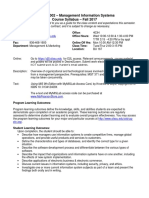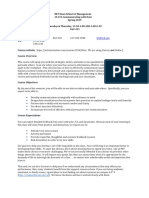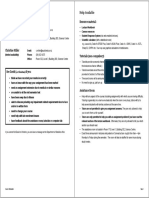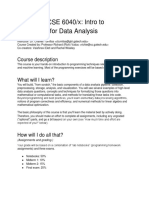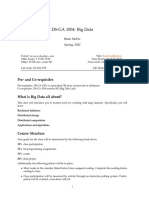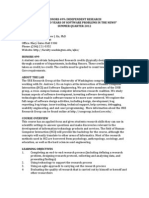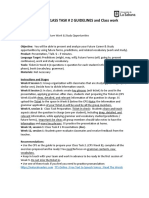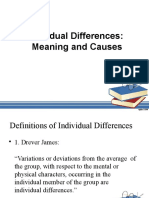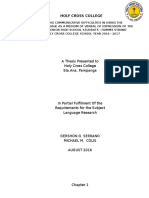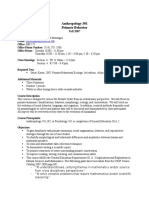0% found this document useful (0 votes)
35 views5 pagesDAT6401-Visualization of Complex Data (Fall 2017)
Uploaded by
Sanjana ShahCopyright
© © All Rights Reserved
We take content rights seriously. If you suspect this is your content, claim it here.
Available Formats
Download as PDF, TXT or read online on Scribd
0% found this document useful (0 votes)
35 views5 pagesDAT6401-Visualization of Complex Data (Fall 2017)
Uploaded by
Sanjana ShahCopyright
© © All Rights Reserved
We take content rights seriously. If you suspect this is your content, claim it here.
Available Formats
Download as PDF, TXT or read online on Scribd
/ 5











